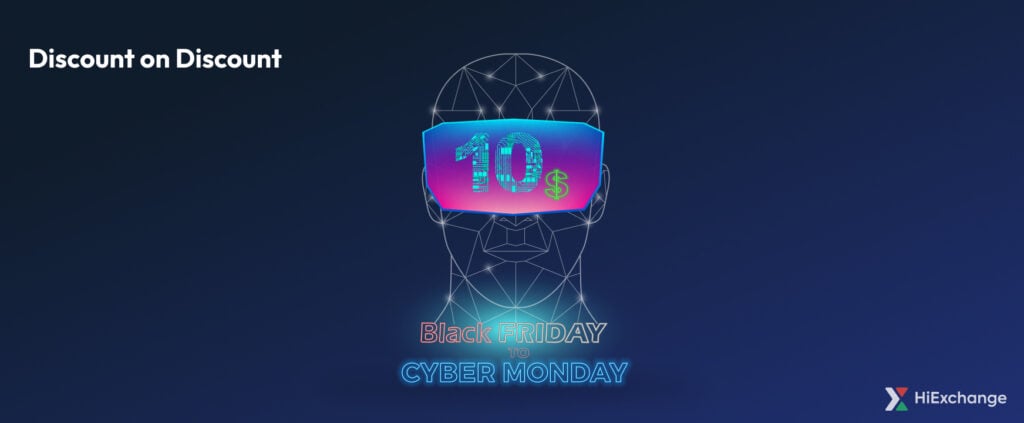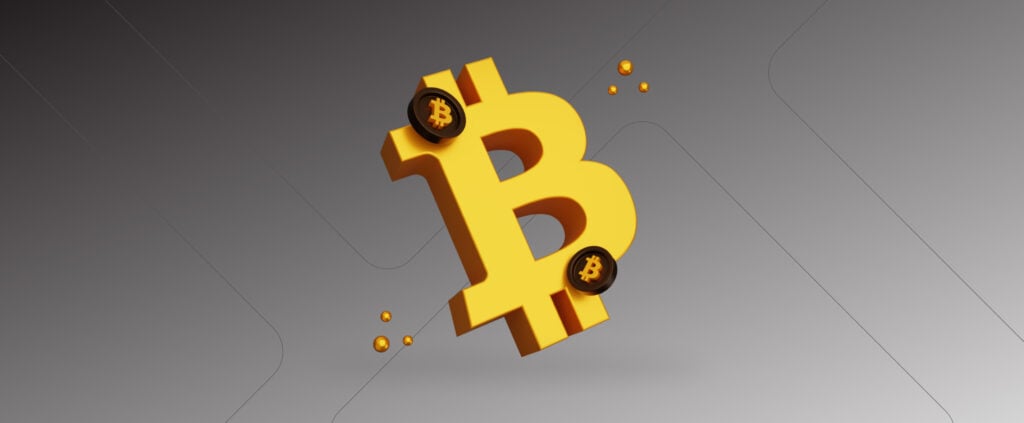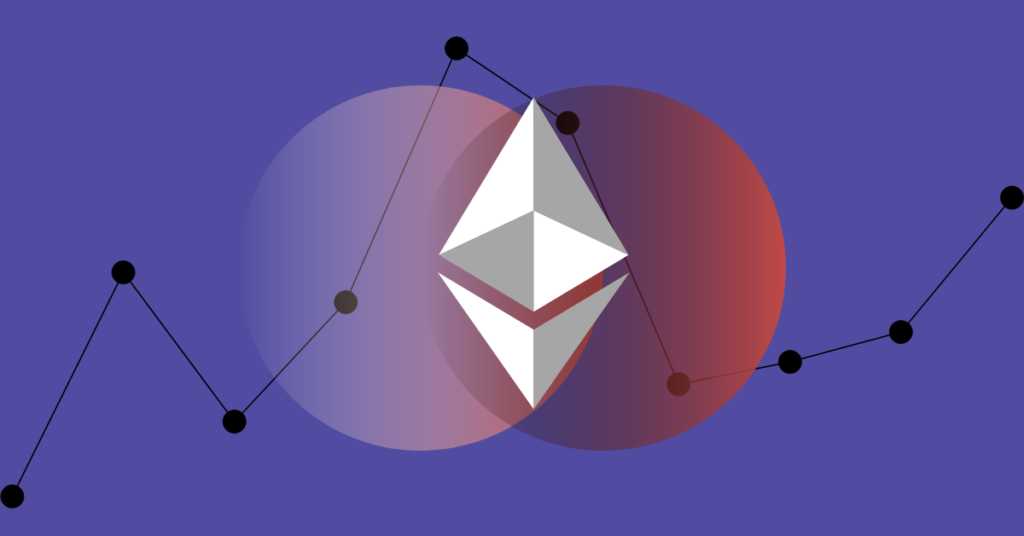As if the world didn’t need a new tragic predicament, NFT gas fees are now what we should worry about. Coinbase, the giant crypto exchange has taken on Twitter to lament on Apple’s monopoly. A topic of discussion that almost started a tech war between Elon and Apple but was quickly resolved. Now, before I start quoting what both companies had to say, here’s what’s going on in vernacular language. Essentially, Coinbase makes a lot of money from users trading pictures and JPEGs on their wallet app. Naturally, Apple wants a considerable piece of these NFT gas fees because why not?
All of a sudden, Coinbase is super angry over Apple’s monopoly and has taken a swing at Eve’s favorite fruit by calling for Twitter’s wrathful judgement upon the billionaire devils down in Silicon Valley. Alas, iPhone users who own NFTs will now find it harder to transfer their JPEGs and honestly that is devastating. I mean, the war in Ukraine is overbearingly terrible but NFT transfer issues for iPhone users is just wow! Stay with us as we attempt to dissect this issue and investigate the scope of the calamity at hand.
Learn How to Exchange Cryptocurrency to PayPal
NFT Gas Fees Dilemma
Currently, IOS device users are unable to send their non-fungible tokens (NFTs). This is due to Apple blocking the latest app release for the self-custody wallet of Coinbase.
Coinbase took on Twitter to explain that Apple wants the latest version to disable NFT transfers.
“You might have noticed you can’t send NFTs on Coinbase Wallet iOS anymore. This is because Apple blocked our last app release until we disabled the feature.”
This is because Apple wants customers to pay 30% NFT gas fees on all transactions according to Coinbase. In the meantime, Coinbase states that this demand is not possible since proprietary Apple Technology is currently incompatible with digital assets.
“Apple’s claim is that the gas fees required to send NFTs need to be paid through their in-app purchase system, so that they can collect 30% of the gas fee.
For anyone who understands how NFTs and blockchains work, this is clearly not possible. the tech giant’s proprietary system does not support crypto so we couldn’t comply even if we tried.”
Apple’s Monopoly
Apple’s overwhelming influence on variety of businesses is not something new. However, we can see an emerging trend of revolt against the titan’s monopoly. Perhaps, the first big business that took on Tim Cook’s policies was Epic Games. They went all out against Apple and iPhone users could no longer install Fortnite on their phones. Millions of gen z iPhone users grieved as their poor Android user friends build walls around their characters and danced on top of their enemies. Soon after, app developers started complaining about how much they have to pay App Store. Some pulled out of the ecosystem and iPhone users had to pay the price.
Speaking of complaints, blockchain developers are not happy with Apple’s implementation of digital assets into their ecosystem. On top of that, it seems like the new attitude toward crypto is slowing down the expansion of crypto ecosystem. Be that as it may, it would have been nice if someone slowed down the quick expansion of Terra (LUNA) or FTX exchange.
Regardless, Coinbase has said that they want to “help” Apple make the right move. For the ost part,
“If you hold an NFT in a wallet on an iPhone, Apple just made it a lot harder to transfer that NFT to other wallets, or gift it to friends or family. Simply put, Apple has introduced new policies to protect their profits at the expense of consumer investment in NFTs and developer innovation across the crypto ecosystem.”
Looking back at Apple’s disputes, they’re not ones to negotiate with the underdog. In this case, Coinbase by no means has no leverage. In fact, they decided to publicize this issue on the same day Elon Musk was swinging at Apple and starting a war between Apple and Twitter. Sadly for Coinbase, Elon made up with Tim in the same day and it seems Coinbase made a hasty decision.
At this point, we’re still waiting for Apple’s response on the issue and will update this article upon further development.







